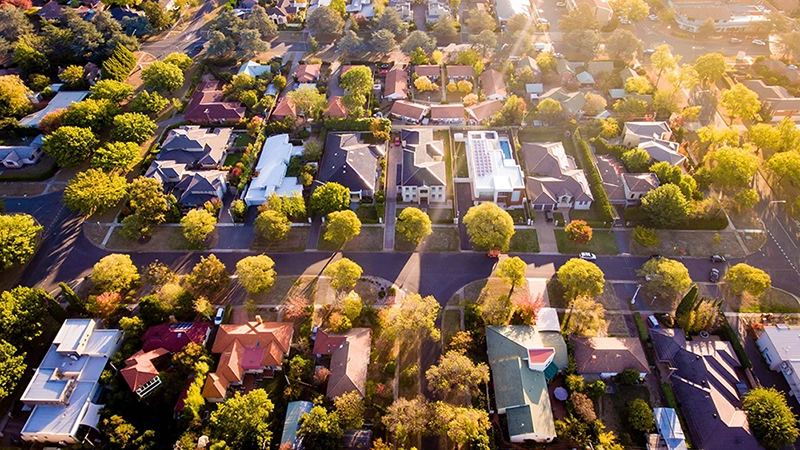Updated: 29 May, 2025
As property prices continue to rise, affordability is a growing concern for many. Police officers, as essential workers, play a vital role in maintaining public safety. But can they realistically afford to own a home in today’s market? Let’s take a look at the average income of police officers, factor in overtime earnings, and consider some benefits available, like waived Lenders Mortgage Insurance (LMI).
What Is The Average Income Of A Police Officer?
A police officer’s salary can vary depending on location, rank, and years of service. Employment site Jobted shows that, on average, a full-time police officer in Australia earns between $70,000 and $90,000 per year in base salary. For instance, in New South Wales, the average base salary for a senior constable is around $90,000 annually, while officers in Queensland or Victoria may earn slightly less, with starting salaries closer to $70,000.
Police officers often benefit from regular salary increases as they progress in rank or accumulate years of service, meaning their income potential grows over time. But base salary alone doesn’t tell the full story.
Factoring In Overtime And Allowances
As a police officer, overtime and allowances can enhance your annual earnings, sometimes adding as much as $10,000 to $20,000 to your base salary. For example, a senior officer who regularly works overtime could see their total income rise to $100,000 or more. This extra income directly increases your borrowing power when applying for a home loan, potentially giving you the borrowing power to afford the home you’ve always wanted.
While many lenders take into account only 80% of overtime earnings, we work with lenders who may accept 100% of your overtime income. This can make a big difference in your loan application and put you in a stronger financial position.
To make the most of your overtime earnings, all you need is:
- A letter from your employer confirming regular overtime for the past 12-24 months.
- Two recent payslips.
- Your most recent group certificate.
This can dramatically increase your borrowing capacity, helping you take the next step toward homeownership with greater ease and confidence.
How Much House Can A Police Officer Afford?
Using an estimated annual income of $100,000, which includes base salary and overtime, police officers may be eligible to borrow up to $600,000 or $700,000, depending on the lender and the buyer’s individual financial circumstances. This estimate is based on common lending criteria, in which banks typically allow borrowing 6-7 times the gross annual income.
Assuming they’ve saved a 20% deposit, this means a police officer could potentially afford a home valued at around $750,000 to $850,000. However, it’s important to consider other factors, such as existing debts, personal expenses, and varying interest rates, which can influence borrowing capacity.
In major cities like Sydney or Melbourne, where property prices are higher, police officers can still find affordable housing options by exploring suburbs or regional areas, where prices tend to be more accessible. These locations often offer great value while maintaining proximity to city amenities.
Waived Lenders Mortgage Insurance (LMI) For Essential Workers
A major advantage for police officers is the waived (LMI) benefit, available to many essential workers. LMI is usually required when a buyer has less than a 20% deposit, and it can cost thousands of dollars. Some lenders acknowledge the financial stability of essential workers, including police officers, by offering LMI waivers for loans of up to 90% of the property value. The minimum income required is $80,000 for single applicants and $150,000 for joint applicants.
For example, if a police officer purchased a home worth $800,000 with only a 10% deposit ($80,000), they could save up to $15,000-$20,000 in LMI fees. This can reduce upfront costs, making homeownership more accessible without the full 20% deposit.
We’re Here To Help You Make It Happen
Police officers in Australia can afford to buy a home, especially with benefits like overtime pay and waived LMI. However, the level of affordability will depend largely on where they are buying and their personal financial situation. While cities like Sydney or Melbourne may pose a greater challenge, due to high property prices, regional or suburban areas offer more affordable alternatives.
Ready to make your homeownership dream a reality? Call us on 1300 889 743 or fill out our free online assessment form.









